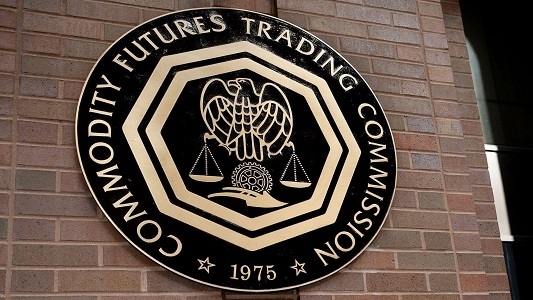Common clearing debate continues to rage in Chicago
The debate over the role of clearinghouses for the futures industry raged on last week as one exchange leader called for common clearing to increase competition in the futures
markets.
Sandy Frucher, chairman and CEO of Philadelphia Stock Exchange (PHLX), told FO Week that he strongly supported common clearing for the futures industry, such as exists in the US stock and options markets.
"It's very, very difficult for people to get interest rate products up because it's structurally difficult if not impossible," Frucher said. "Part of the issue is that you can't create new similar products or identical products that have liquidity in other marketplaces and get out of your trades anywhere but at the CME
Frucher said a common clearing system for futures would only enhance competitiveness.
"I feel very strongly about the need for competition," Frucher said. "If you can get transparency, fungibility and deal with the clearing issues I think it'll be a tremendous boon. But if it locks in the status quo, it'll be anti-competitive."
But exchange executives on a panel at the Futures Industry Association's annual conference in Chicago last week vehemently defended their marketplace and current vertical exchange structures.
"There's too much of a tendency to oversimplify and equate cash securities markets with the futures markets," said Craig Donohue, CEO of CME. "When you're talking about options markets and securities markets, I think you're talking about domestic markets. When you're talking about futures, you're talking about global markets. You can't find an example of a foreign equity exchange that's trading US listed stocks or options and offering those to US investors. But with the futures you could trade Eurodollar futures on Liffe or Treasury futures at Eurex. So it's a global market."
Donohue added that 70% of the global futures volumes were cleared on vertically structured clearing houses.
"It's a whole different business paradigm," Donohue added. "And the fact is, we're going to be competing with European exchanges and Asian exchanges which have vertically integrated clearing and settlement systems. So there's no way to have a North American solution."
Found this useful?
Take a complimentary trial of the FOW Marketing Intelligence Platform – the comprehensive source of news and analysis across the buy- and sell- side.
Gain access to:
- A single source of in-depth news, insight and analysis across Asset Management, Securities Finance, Custody, Fund Services and Derivatives
- Our interactive database, optimized to enable you to summarise data and build graphs outlining market activity
- Exclusive whitepapers, supplements and industry analysis curated and published by Futures & Options World
- Breaking news, daily and weekly alerts on the markets most relevant to you



